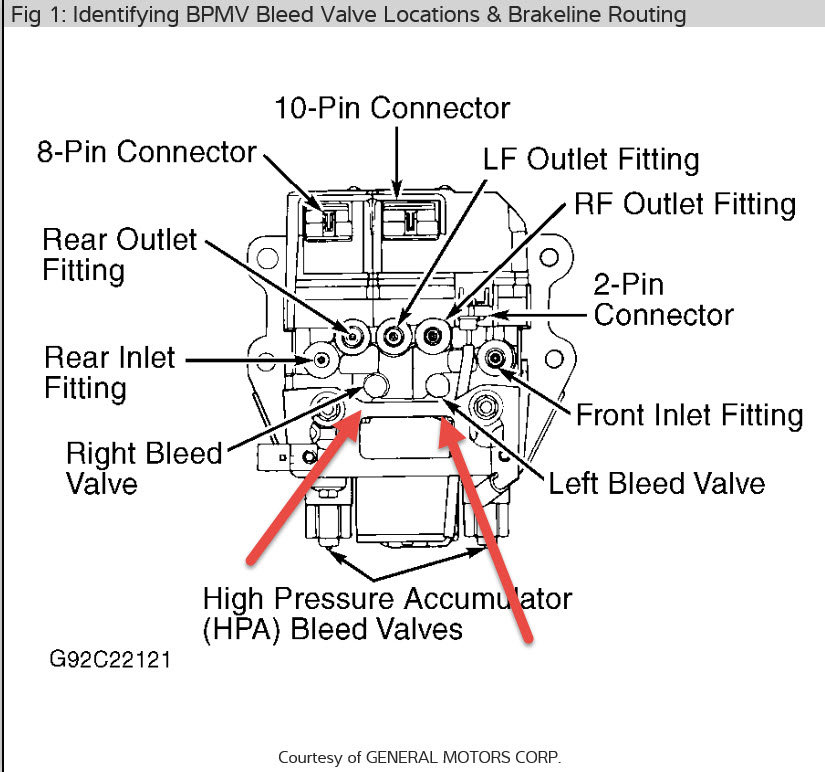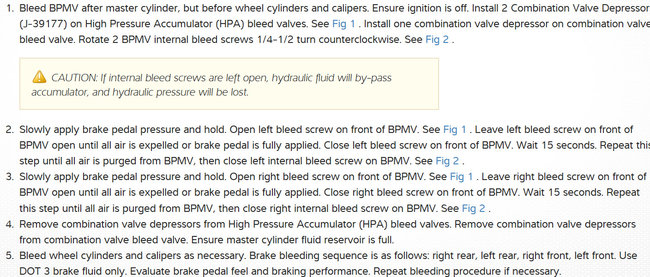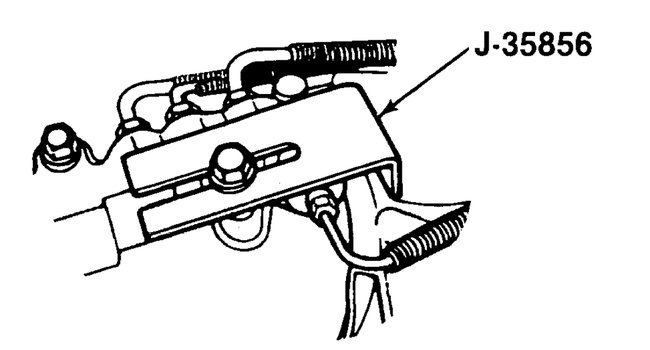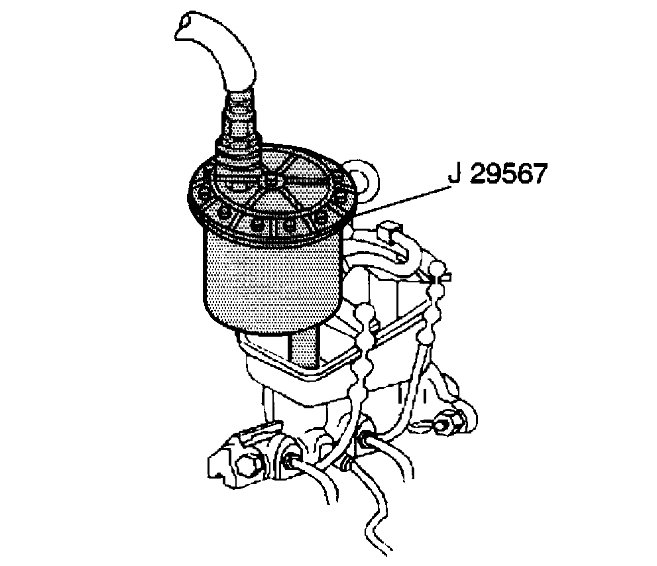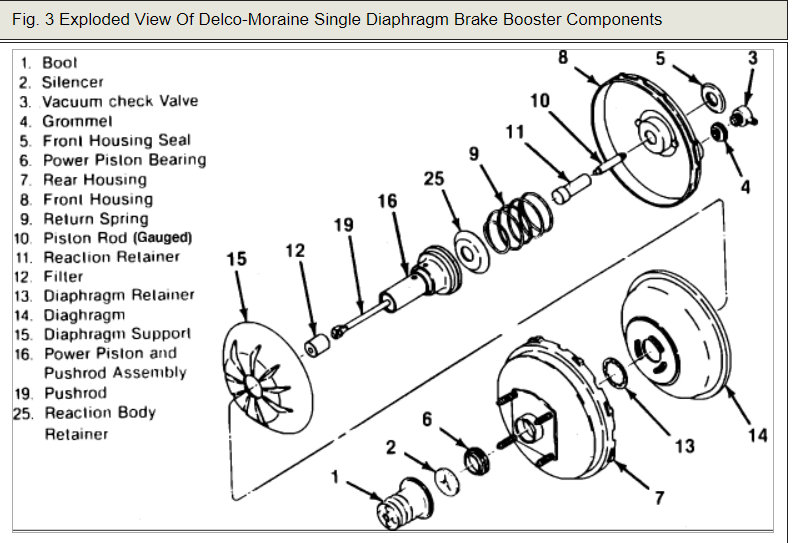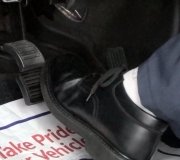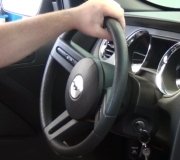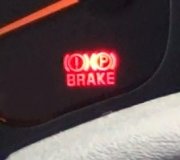Good morning.
Do you have ABS? If you do there is a bleeding procedure you must follow.
Pressure Bleeding:
Note: The pressure bleeding equipment must be of the diaphragm type. It must have a rubber diaphragm between the air supply and the brake fluid to prevent air; moisture, oil, and other contaminants from entering the hydraulic system. Also adapters are needed. Depending on the type of master cylinder used.
Tools Required:
J-29567 Brake Bleeder Adapter (Plastic Reservoir)
J-35856 Combination Valve Depressor
Note: It is very important that the correct master cylinder bleeder adapter be used to avoid possible damage to the master cylinder reservoir.
ImageZoom/Print
1. Fill the pressure tank at least 1/3 full of brake fluid. The bleeder must be re-bled each time fluid is added.
A. Charge the bleeder to 140 - 170 kPa (20 to 25 psi).
2. Use J-35856 to depress and hold the valve stem on the combination valve during the bleeding operation.
ImageZoom/Print
a. Install the bleeder adapter so the leg with the release valve is towards the cowl.
3. Bleed each wheel in the following sequence.
A. Right rear
b. Left rear
c. Right front
d. Left front
4. Connect the hose from the bleeder to the adapter at the master cylinder.
A. Open the tank valve.
5. Attach a hose to a brake bleeder screw.
A. Immerse the opposite end of the hose into a container partially filled with clean brake fluid.
6. Open the bleeder screw at least 3/4 of a turn and allow the fluid to flow until no air is seen in the fluid.
A. Close the bleeder screw.
7. Repeat step six at all the wheels.
8. Open the bleeder screw on the Isolation/Dump Valve (vehicles with power brakes only).
A. Allow the fluid to flow until no air is seen in the fluid.
B. Close the bleeder screw.
9. Check the brake pedal for "sponginess", repeat the entire bleeding procedure if this condition is found.
10. Remove J-35856.
A. Disconnect the line from the bleeder adapter.
B. Remove bleeder adapter.
11. Fill the master cylinder to the proper level with brake fluid.
Images (Click to make bigger)
Tuesday, June 1st, 2021 AT 10:53 AM
(Merged)
